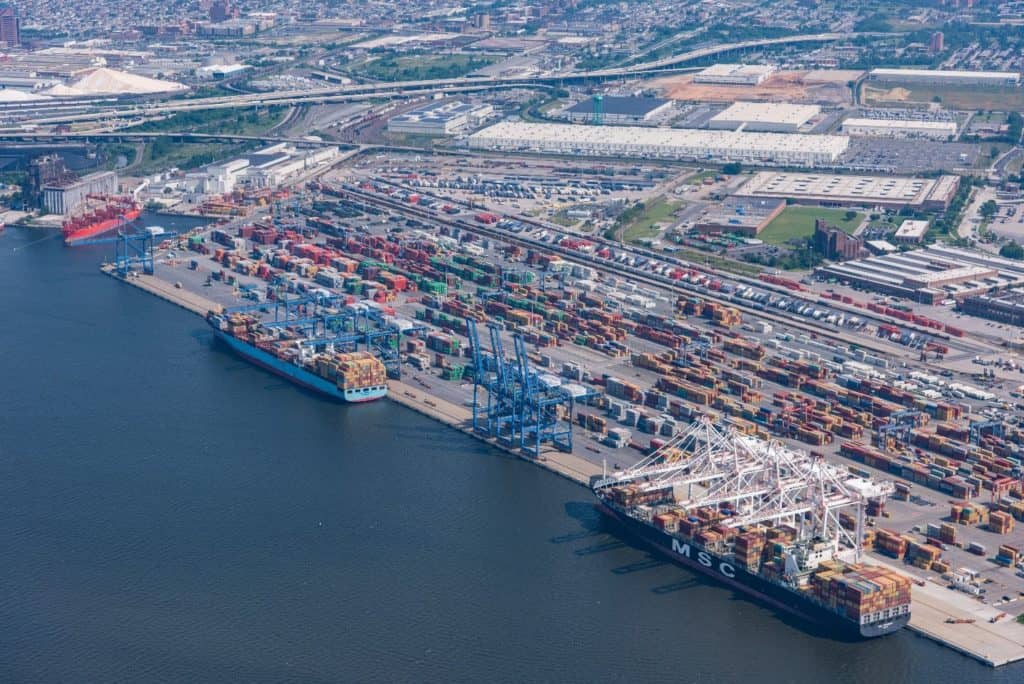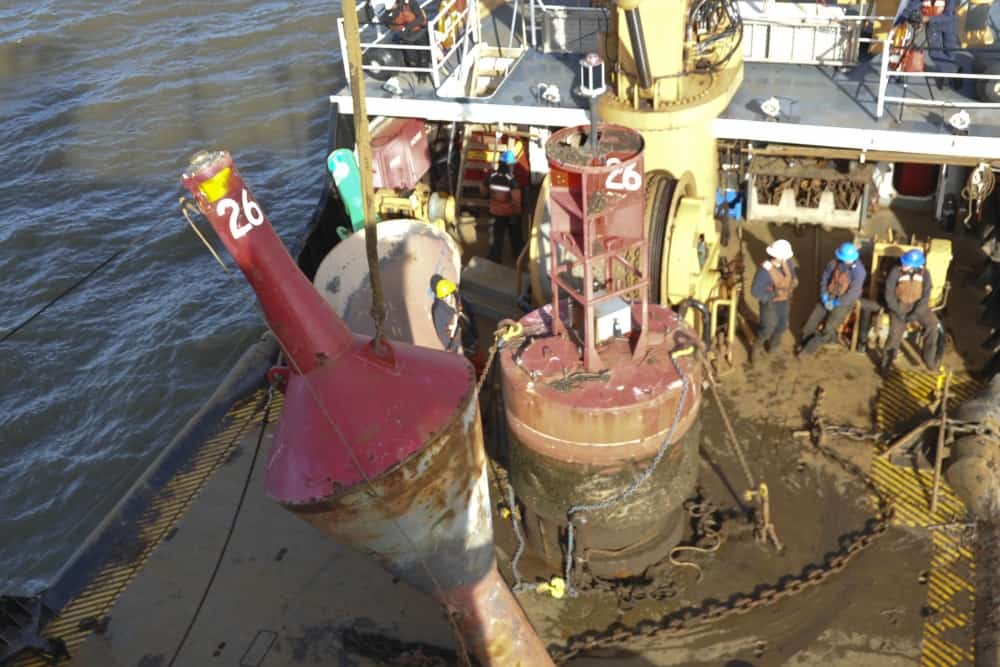The Maryland Port Administration (MPA) and the Port of Virginia are getting ahead of the coronavirus threat, announcing precautions being taken at the ports–including changes to cruise passenger screenings.
In a letter to employees and tenants of the port, MPA says that cruise terminal passengers will be denied access to their cruise if anyone in their party visited or traveled through coronavirus-impacted areas in the last 14 days–or if they had contact with people who visited or traveled through those areas in the last 14 days.
Carnival and Royal Caribbean have both instituted screening measures for passengers. Baltimore’s cruise terminal operator, Intercruises, will have staff at the terminal asking passengers for passports. Those with passports from coronavirus-impacted areas (who haven’t been to those areas in the last 14 days) will get secondary screening in a separate building.
If anyone fails a screening test, the ship’s doctor will contact the CDC, Coast Guard and Customs and Border Protection, as well as appropriate state agencies, according to MPA.
On the shipping side of the Port of Baltimore, MPA says vessels on their way to the port must notify the Coast Guard 96 hours before entering U.S. waters and must report any ill crew members or passengers within the past 15 days. If a vessel does have any ill patients on board, the Coast Guard will notify the CDC, who will oversee vessel quarantine and isolation.
Vessels already at berth will follow the same procedures, and MPA will handle the vessel while it’s alongside the pier.
MPA Acting Executive Director David M. Thomas says in the letter to port tenants, “The health and well-being of each of you is extremely important to us,” and says the agency will provide updates as frequently as is necessary.
At the Port of Virginia, the Port Authority says it is in close communication with its customers and partners. Port spokesman Joe Harris declined to share specific procedures with Bay Bulletin, but said the Port of Virginia will follow the lead of the federal government and make decisions as the situation warrants.
“This port’s customers, clients and stakeholders rest assured that we value their concern and are taking this situation seriously,” Harris tells us.
Port leaders do say the impact on international trade is already being felt at the Port of Virginia.
“Several ocean carriers calling Virginia have told us that there will be an
increase in the number of blank sailings [vessels that are on the schedule, but kept idle] here and at ports around the world,” says Virginia Port Authority CEO John F. Reinhart.
Reinhart says China’s coronavirus-related manufacturing slowdown has decreased import and export cargo volumes at ports around the world, including Virginia. The Port Authority estimates a loss of 44,000 import containers in February, March and April because of the virus.
There are still no confirmed cases of coronavirus in Virginia or Maryland. There are cases in 50 locations worldwide, according to the CDC, including the United States. This new Coronavirus, known as COVID-19, is a respiratory disease that can cause serious illness and can spread person-to-person. The current outbreak was first deteted in Wuhan City, Hubei Province, China.
The CDC says the potential public health threat posed by COVID-19 is high, both globally and to the United States, but individual risk is dependent on exposure. The immediate risk to the general American public is currently considered low, but for healthcare workers treating COVID-19 cases, it’s much higher. The CDC says its risk assessment would change if coronavirus reaches the level of a pandemic, which it calls “likely.”
-Meg Walburn Viviano




